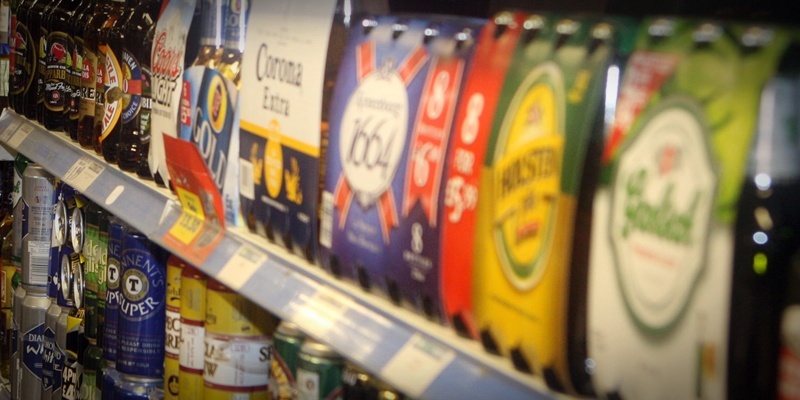Supermarkets are prioritising profits over public health by slashing alcohol prices and encouraging online buying, MSPs have claimed.
A fierce row over the business practices of the retail giants erupted at Holyrood on Tuesday as politicians continued to debate the Government’s plans for minimum pricing.
Legislation passed by the Scottish Parliament last year banned volume sales of alcohol in an attempt to stop ”irresponsible promotions” such as two-for-one deals.
But critics claim the big retailers are exploiting loopholes in the law by offering discounts on internet sales made in England or simply discounting the cost of individual drinks.
SNP MSP Jim Eadie raised the issue as representatives of Asda and Tesco gave evidence to the parliament’s Health Committee on the plans for a further alcohol bill.
He asked: ”Do you accept that there are many people who feel that you are not abiding by the spirit of the legislation that was introduced by the parliament?
”The one thing you did almost immediately when certain promotions were banned was to introduce bottles of wine for £3.33.”
He accused the supermarkets of ”undermining the spirit of the legislation” by ”slashing prices and encouraging online purchasing”.
He added: ”It does leave the impression with the wider health community in Scotland who are wisely focused on what is the biggest public health challenge facing this country, that your companies are putting their profits before the health of the people of Scotland.”
But David Paterson, head of regional affairs at Asda, staunchly rejected the claims.
”The clear intention of the quantity discount ban was to reduce any incentive for a customer to buy a larger amount of alcohol than they had intended to,” he said. ”That was the clear and unequivocal objective.
”We made it very clear particularly in the last alcohol bill that when you intervene in a market which is part of a wider UK single market, there are a number of unintended consequences and they cannot be wished away.
”So in the same sense that I have seen attacks on other retailers about the use of online, it seems a bizarre situation to me that there are companies based solely in England that can continue to sell alcohol at whatever price they want but that in some sense companies that are in Scotland and invest here shouldn’t also be able to do that.”
But Labour’s Mid Scotland and Fife MSP Richard Simpson insisted supermarkets are still selling alcohol ”on a volume discounting basis”.
”We may not have written the legislation correctly and I am not saying you are incorrect in terms of the law,” he added.
Representatives of both companies indicated a willingness to work with the Government on minimum pricing legislation, which is expected to be passed by the SNP majority at Holyrood.
Emma Reynolds, government affairs director for Tesco, said: ”In a competitive market, if you do want action on price it needs to be government-led and through legislation because we are in the business of competing for the best possible offers for customers.”
